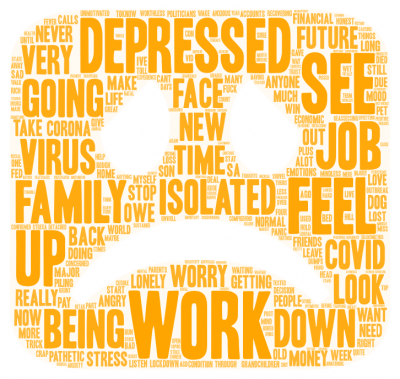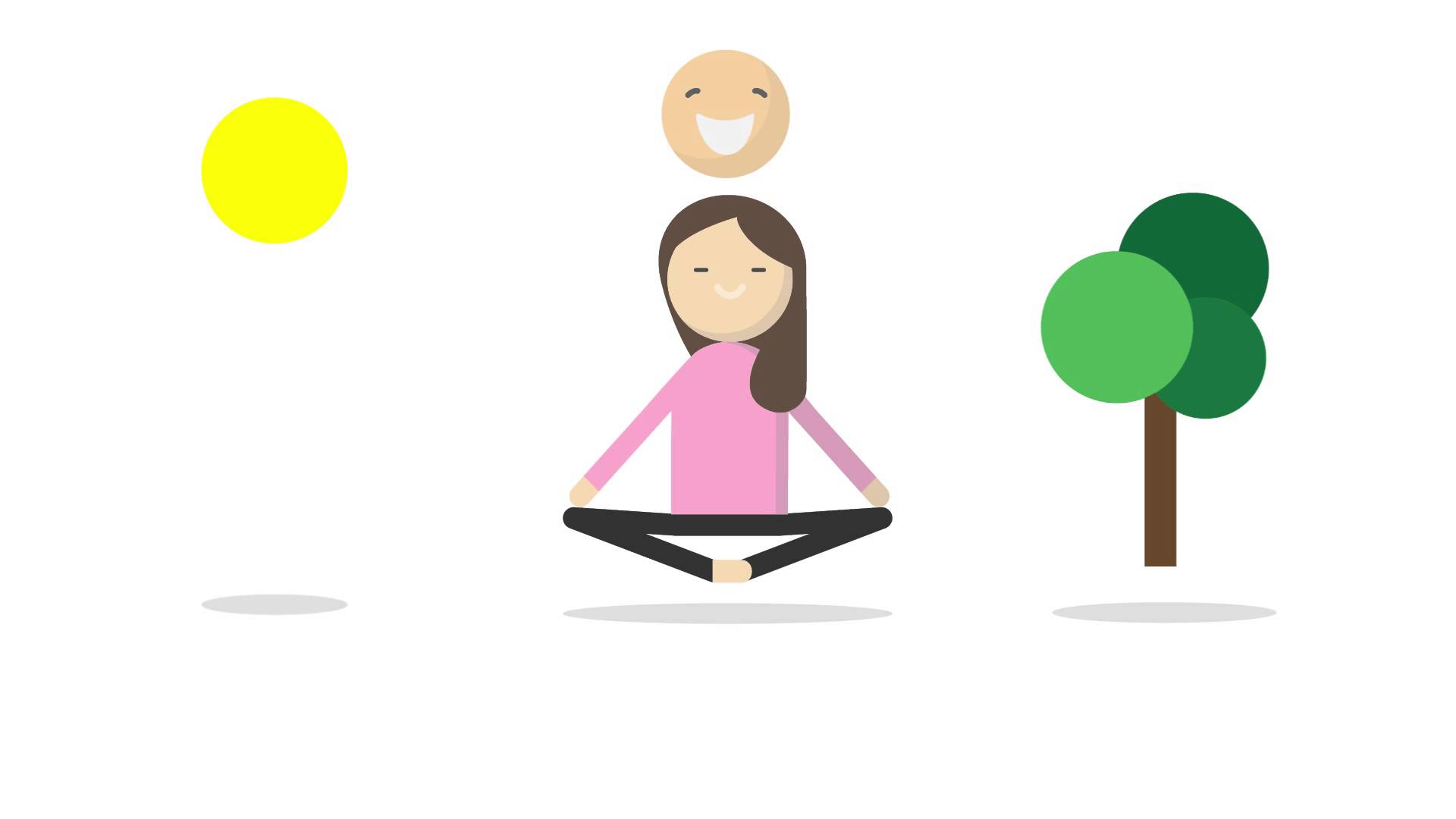South Australia – State of Mind (April 2020)
South Australians have decreased levels of sense of mental wellbeing and financial security since March, yet have some sense of increased optimism relative to March.
Below are key insights of a representative survey of 400 South Australian adults conducted from 27th of April to 4th of May 2020, as COVID-19 continues to influence and present critical challenges to our lives. Square Holes has conducted ongoing research since 2013 to track measures of confidence and perceived financial security. In addition, Square Holes has expanded the monitoring to explore the current state of mind of South Australian’s.
Confidence in the future improves
Optimism to the future is improving, with a 7% increase in those who are confident about the coming year when compared with March (which were an all time tracking low).

Financial security weakens
Financial security is weakening, with April observing a 3% increase in perceived worsening in financial security when compared to 12 months ago, a record low since tracking began.

Financial confidence towards the future has increased slightly in April, with those anticipating their financial position will worsen moving from 38% to 28% March to April, and be better 25% to 30% over the past month.

Mental health is waning
When respondents were asked how their mental health and wellbeing fairs currently when compared to 12 months ago, 25% indicated they are worse now than this time last year. This is a weakening compared to March measures where 21% indicated being in a worse mental state, with April 21%. Correspondingly those reporting ‘better’ has declined 4%.

Feelings of ‘tiredness for no good reason’ remains the key source of angst amongst South Australians from March to April. Other areas such as nervousness, worthlessness and restlessness have remained fairly consistent when measured against April.

The top three most commonly occurring areas of angst (tiredness for no good reason, everything is an effort and nervousness), have seen decreases in frequency across most age groups. Most notably 18 to 34 year olds have seen the strongest gains in feeling tired and the sense that everything is an effort. Other age groups have adjusted more easily.



Perception of wellbeing in the future is improving, however, those who believer their mental health will worsen next year has decreased by 2% in April from March.

Mood is generally positive
When asked about their mood the week prior to the survey, over half (51%) of South Australians noted experiencing a positive mood. 18 to 24 year olds and 50 to 54 year olds were least positive in their mood (with only 39% and 37% positive ratings respectively). Whilst those aged 65+ had enjoyed the most positive mood (64% positive ratings).

Experiencing a negative mood was most effected by feelings of depression, isolation, concern for the future, uncertainty, anxiety, health and financial issues, loss and the pressures of life.
“I just want to know when this is going to stop so I can start looking for a new job”
“Due to the virus, I am feeling quite depressed. Not being able to do the normal things and see family and friends“
“Feeling down, unmotivated, concerned about the future”
“I miss my grandchildren and family. I have a new grandchild that I have not been able to hold or cuddle”

Positive mindset and mood stemmed from adjusting to the current situation, discovering hobbies and aspects of life that bring joy, optimism regarding the number of COVID-19 cases and the impending easing of restrictions and a general appreciation for life.
“Feeling at peace with not being back at work yet, settling kids back into routine and my financial situation is looking okay”
“I am getting small amounts of pleasure from my crafts and hobbies and music and dogs, during this stressful time, i.e. making the most of what I am allowed to do“
“No new cases and it looks like some restrictions will be lifted so feeling more happy“

In these times of change and hardship, financial security and general wellbeing tends to suffer. As we become accustomed to this new way of life, focus on joyful aspects, anticipate the easing of restrictions and garner a general appreciation for all to be grateful for, mood increases as does optimism for a brighter future.
It will be interesting to monitor the mind and mood moving forward. There are many fascinating observations and even more questions. Why are our youth finding it tougher than older age groups. Is it finding life, employment and uncertainty unfairly weighted against them, or are they yet to build the resilience and wisdom of their older neighbours?
…
Square Holes is seeking a small number of partners in the mind and mood research we have been conducting to help make sense of the impact on South Australians.




